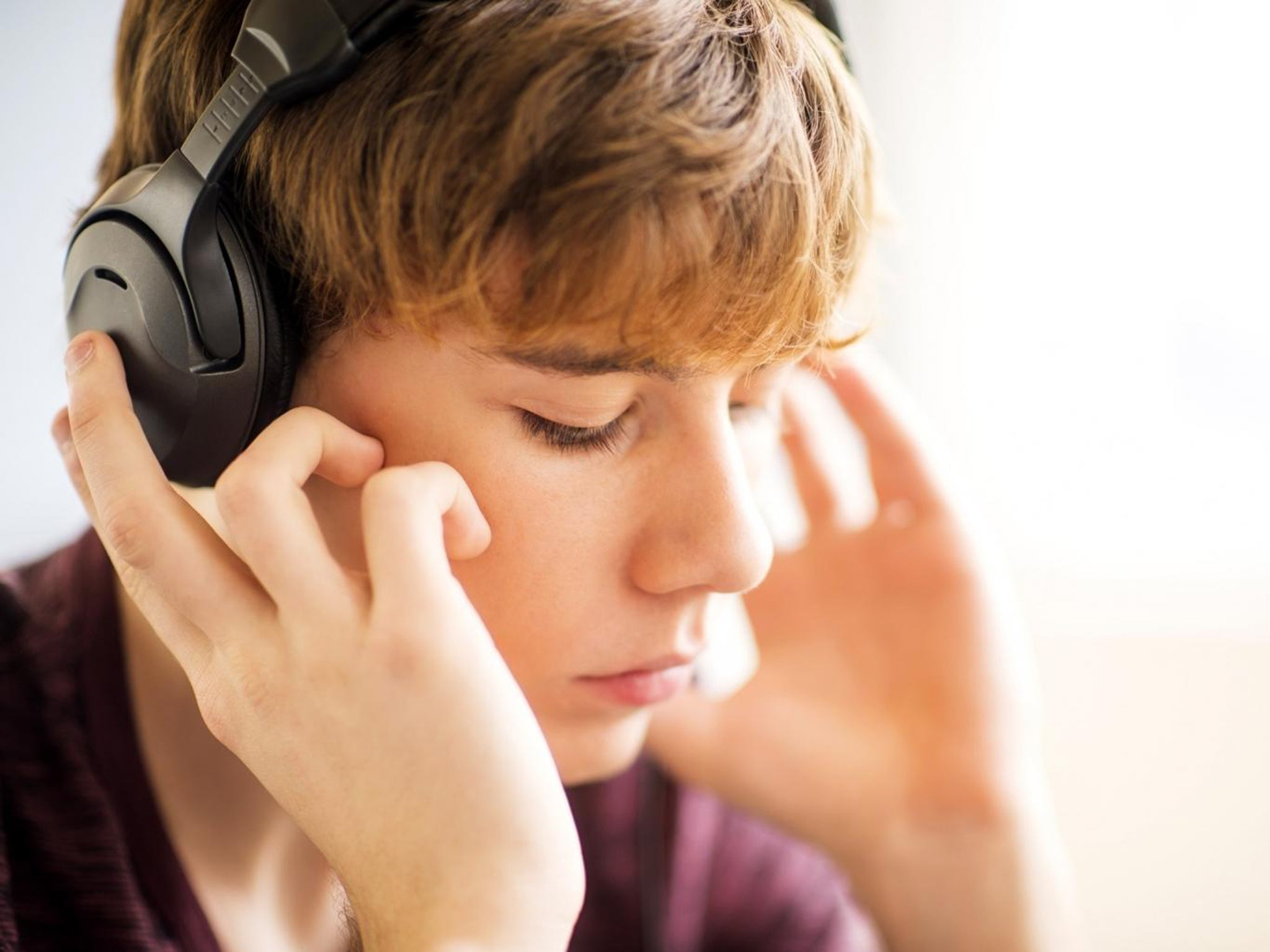The Independent's journalism is supported by our readers. When you purchase through links on our site, we may earn commission.
How music could help you to concentrate while studying
Should we follow what research says, or is listening to music while working just down to individual preference?

It’s fair to to say the majority of students prefer to study while listening to music. Whether frantically cramming some last-minute reading to Kanye, or finalising an essay to the sound of the Arctic Monkeys, go to any university or college library and the majority of students there will be listening to their music of choice.
Music is a very significant part of our daily lives; the image of the quietly-focused student isolating themselves into a personal study zone has led to interest into whether listening to music actually helps studies or not. Research into the field has proven fairly ambiguous, with many studies contradicting each other. However this does provide an useful insight for students who maybe looking into ways to use music to enhance their exam performance.
The most famous theory linking music and cognitive performance is the ‘Mozart effect’, the popular idea that listening to Mozart makes you smarter. The research itself was interested in the relation between Mozart and ‘spatial-temporal reasoning’, or knowing how to fit things into other things, basically. The idea that music - particularly classical - can improve exam results has endured, with websites such mozarteffect.com selling music supposedly designed to “charge the brain.”
However, research has shown that performance in tasks involving memory and concentration was better in a silent environment, though, studying in place often disturbed by talkers, sneezers, or traffic, few students have access to a silent study space. Subjects tested in environments with background music were found to get better results than those tested against background noise. Therefore, taking along an iPod and a set of headphones may come in handy if you’re looking to avoid being distracted by any ambient sounds.
The style, volume, rhythm and ‘state’ of the music a student listens to, as well as the personality of the student, can also be significant factors. Classical music is generally viewed as the best to listen to whilst studying, however there is no decisive research to back this. What has been proven is that listening to music which is constant in state, has a steady a repetitive pulse, and is not too loud is better for concentration than inconsistent musical styles, meaning you should probably avoid listening to anything labelled ‘Mathcore’ when trying to be productive. The same study also found evidence that people perform worse when listening to their preferred, rather than neutral, music.
Personality has also been shown to affect performance, with introverts more likely to test worse than extroverts. Similarly, people tested who are bad at multi-tasking have also been shown to test worse when listening to background music. For those who feel the pressure during exams, it has been observed that calming music, for example a Haydn string quartet, can help to reduce anxiety in an individual.
This highlights the main thing to consider when listening to music while studying: that how you do so really just depends on you. There is no decisive doctrine or absolute piece of research which tells you what to do, whether it’s a Four Tet Boiler Room set or Cannibal Corpse you think helps you to study, do what you believe helps. Listening to music has been shown to cause the release of dopamine, meaning that it is a pleasurable, rewarding experience which can relax an individual.
On the whole, what a student can take from research is that using music to create an environment yourself is conducive towards the task you wish to complete.
Join our commenting forum
Join thought-provoking conversations, follow other Independent readers and see their replies
68Comments